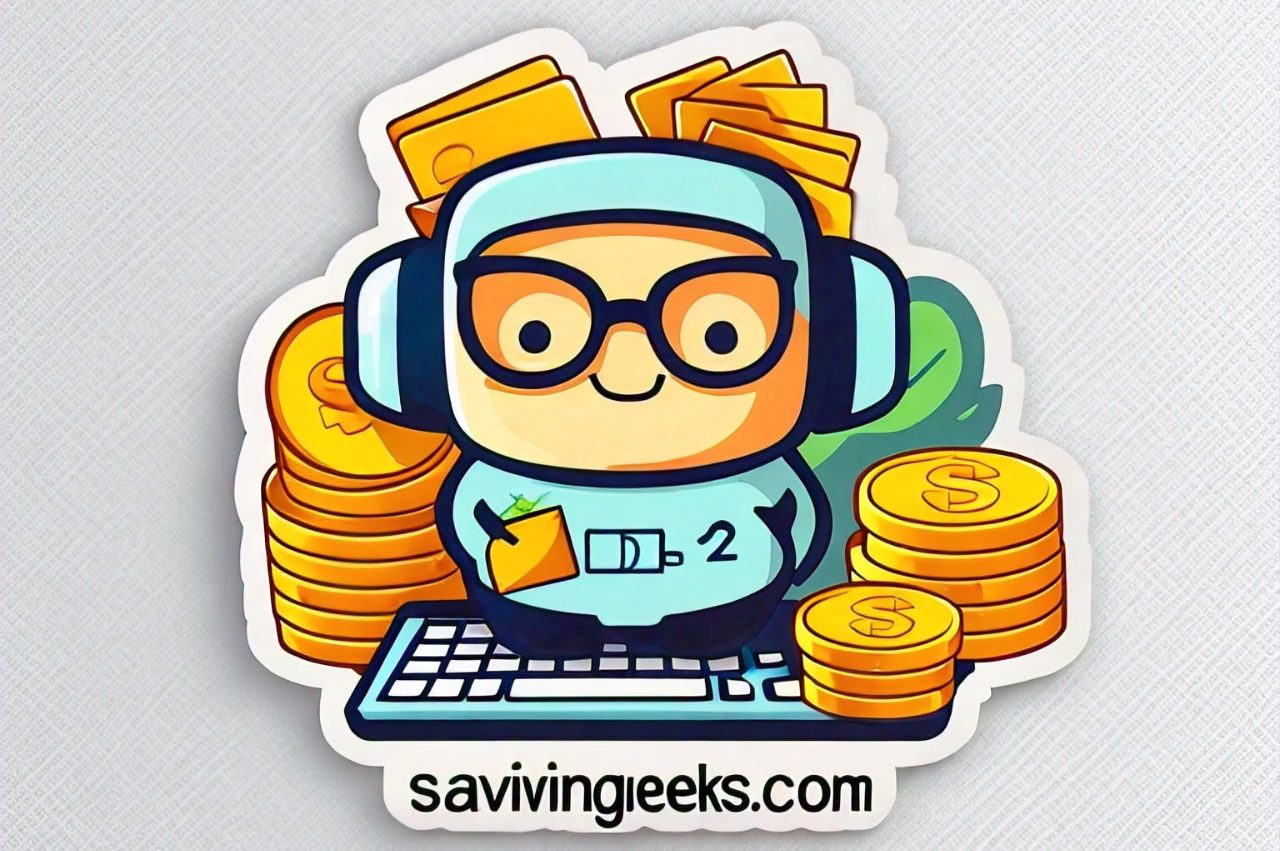How Proper Budgeting Can Lead to Debt Elimination
Proper budgeting is a crucial step in effectively managing your finances and ultimately eliminating debt. By creating a detailed budget that outlines your expenses and income, you can gain a clear understanding of where your money is going and identify areas where you can cut back and save.
One of the key benefits of budgeting is that it helps you prioritize your spending and make informed decisions about how to allocate your money. By setting aside a portion of your income for essential expenses such as rent, groceries, and bills, you can ensure that these obligations are met each month without overspending.
Additionally, budgeting allows you to track your spending habits and identify areas where you may be overspending or making unnecessary purchases. By reviewing your budget regularly, you can adjust your spending habits and make changes to ensure that you are living within your means.
Another important aspect of budgeting is setting aside money for savings and emergencies. By building up an emergency fund, you can avoid going into debt when unexpected expenses arise, such as car repairs or medical bills.
By following a budget and making conscious decisions about your spending, you can work towards eliminating debt over time. By cutting back on unnecessary expenses and prioritizing debt repayment, you can make significant progress in reducing your overall debt load.
In conclusion, proper budgeting is a powerful tool that can help you take control of your finances and work towards debt elimination. By creating a budget, tracking your spending, and making informed decisions about your money, you can make significant progress in achieving your financial goals.
The Key Role Budgeting Plays in Getting Rid of Debt
Budgeting is a crucial tool in the journey to becoming debt-free. By carefully managing your finances and tracking your expenses, you can create a plan that allows you to pay off debt efficiently and effectively. Here are some key ways in which budgeting plays a pivotal role in getting rid of debt:
- Identifying areas for savings: Budgeting allows you to see where your money is going and identify areas where you can cut back on expenses. By reducing unnecessary spending, you can free up more money to put towards paying off your debts.
- Setting financial goals: A budget helps you set clear financial goals and track your progress towards achieving them. By creating a plan for how much you will allocate towards debt repayment each month, you can stay on track and make steady progress towards becoming debt-free.
- Prioritizing debt repayment: A budget helps you prioritize your debts and focus on paying off high-interest debt first. By allocating more money towards these debts, you can save money on interest payments and pay off your debts faster.
- Building financial discipline: Budgeting requires discipline and self-control when it comes to managing your money. By sticking to your budget and avoiding unnecessary expenses, you can develop healthy financial habits that will help you stay out of debt in the future.Overall, budgeting is a key tool in the debt repayment process. By creating a budget, setting clear financial goals, and prioritizing debt repayment, you can take control of your finances and work towards becoming debt-free.
The Connection Between Budgeting and Successfully Paying Off Debt
Budgeting is a critical component of successfully paying off debt. By creating a detailed budget, individuals can track their income and expenses, identify areas where they can cut back on spending, and allocate funds towards debt repayment. Here are some key ways in which budgeting can help individuals achieve their debt payoff goals:
- Prioritizing debt repayment: A budget allows individuals to see how much money they have available each month to put towards debt repayment. By prioritizing debt payments in their budget, individuals can ensure that they are making consistent progress towards paying off their debts.
- Identifying areas for cost-cutting: A budget provides a clear picture of where money is being spent each month. By analyzing their expenses, individuals can identify areas where they can cut back on spending in order to free up more money for debt repayment. This might involve reducing discretionary expenses such as dining out or entertainment, or finding ways to lower fixed expenses such as rent or utilities.
- Setting realistic goals: A budget helps individuals set realistic goals for debt repayment. By determining how much money they can afford to put towards debt each month, individuals can set achievable milestones for paying off their debts. This can help individuals stay motivated and on track towards achieving their financial goals.
- Tracking progress: A budget allows individuals to track their progress towards paying off their debts. By regularly reviewing their budget and monitoring their debt balances, individuals can see how far they have come and stay motivated to continue working towards debt freedom.In conclusion, budgeting plays a crucial role in successfully paying off debt. By creating a budget, individuals can prioritize debt repayment, identify areas for cost-cutting, set realistic goals, and track their progress towards debt freedom. By making budgeting a priority, individuals can take control of their finances and work towards a debt-free future.
Why Budgeting is Essential for Achieving Debt Freedom
Budgeting is an essential tool for achieving debt freedom because it allows individuals to track their income and expenses, identify areas where they can cut costs, and prioritize paying off debt. By creating a budget, individuals can gain a clear understanding of their financial situation and make informed decisions about how to allocate their resources.
One of the key benefits of budgeting is that it helps individuals see where their money is going each month. By tracking expenses, individuals can identify unnecessary spending habits and make changes to reduce expenses. This can free up more money to put towards paying off debt, ultimately helping individuals reach their goal of becoming debt-free.
Budgeting also allows individuals to prioritize paying off debt by allocating a portion of their income towards debt repayment. By setting specific goals and creating a plan for how to achieve them, individuals can stay on track and make steady progress towards becoming debt-free.
In addition, budgeting can help individuals avoid accumulating more debt in the future. By creating a budget and sticking to it, individuals can better manage their finances and avoid overspending. This can prevent the need for taking on more debt to cover expenses, ultimately leading to a more stable financial future.
Overall, budgeting is an essential tool for achieving debt freedom because it provides individuals with the structure and discipline needed to effectively manage their finances, reduce expenses, and prioritize debt repayment. By creating a budget and sticking to it, individuals can take control of their financial situation and work towards becoming debt-free.
Strategies for Using Budgeting to Eliminate Debt Faster
When it comes to eliminating debt, budgeting plays a crucial role in helping individuals achieve their financial goals. By implementing strategic budgeting techniques, individuals can prioritize debt repayment and accelerate the process of becoming debt-free. Here are some key strategies for using budgeting to eliminate debt faster:
- Create a detailed budget: Start by creating a comprehensive budget that outlines all sources of income and expenses. This will help you gain a clear understanding of your financial situation and identify areas where you can cut back on spending to allocate more funds towards debt repayment.
- Prioritize debt repayment: Make paying off your debts a top priority in your budget. Allocate a specific portion of your income towards debt repayment each month and stick to this plan consistently. Consider using the debt snowball or debt avalanche method to prioritize and pay off debts in a strategic manner.
- Cut back on unnecessary expenses: Identify areas in your budget where you can reduce spending and reallocate these funds towards debt repayment. This may involve cutting back on dining out, entertainment, or unnecessary purchases. Every dollar saved can make a significant impact on accelerating your debt repayment process.
- Increase your income: Consider finding ways to increase your income, such as taking on a part-time job, freelancing, or selling items you no longer need. Any additional income earned can be directed towards paying off debts faster and reaching your financial goals sooner.
- Monitor and adjust your budget regularly: It’s important to regularly review and adjust your budget to ensure you are staying on track with your debt repayment goals. Keep track of your progress and make any necessary changes to your budget to optimize your debt repayment strategy.By implementing these strategies and taking a proactive approach to budgeting, individuals can effectively eliminate debt faster and work towards achieving financial freedom. With dedication, discipline, and a strategic budgeting plan in place, individuals can take control of their finances and pave the way towards a debt-free future.



